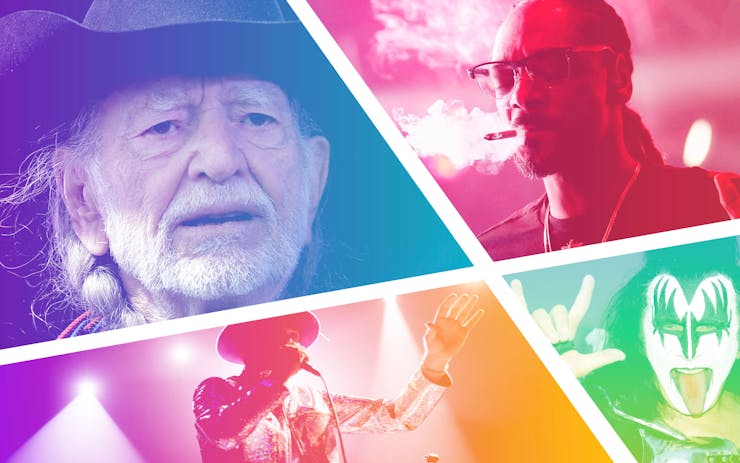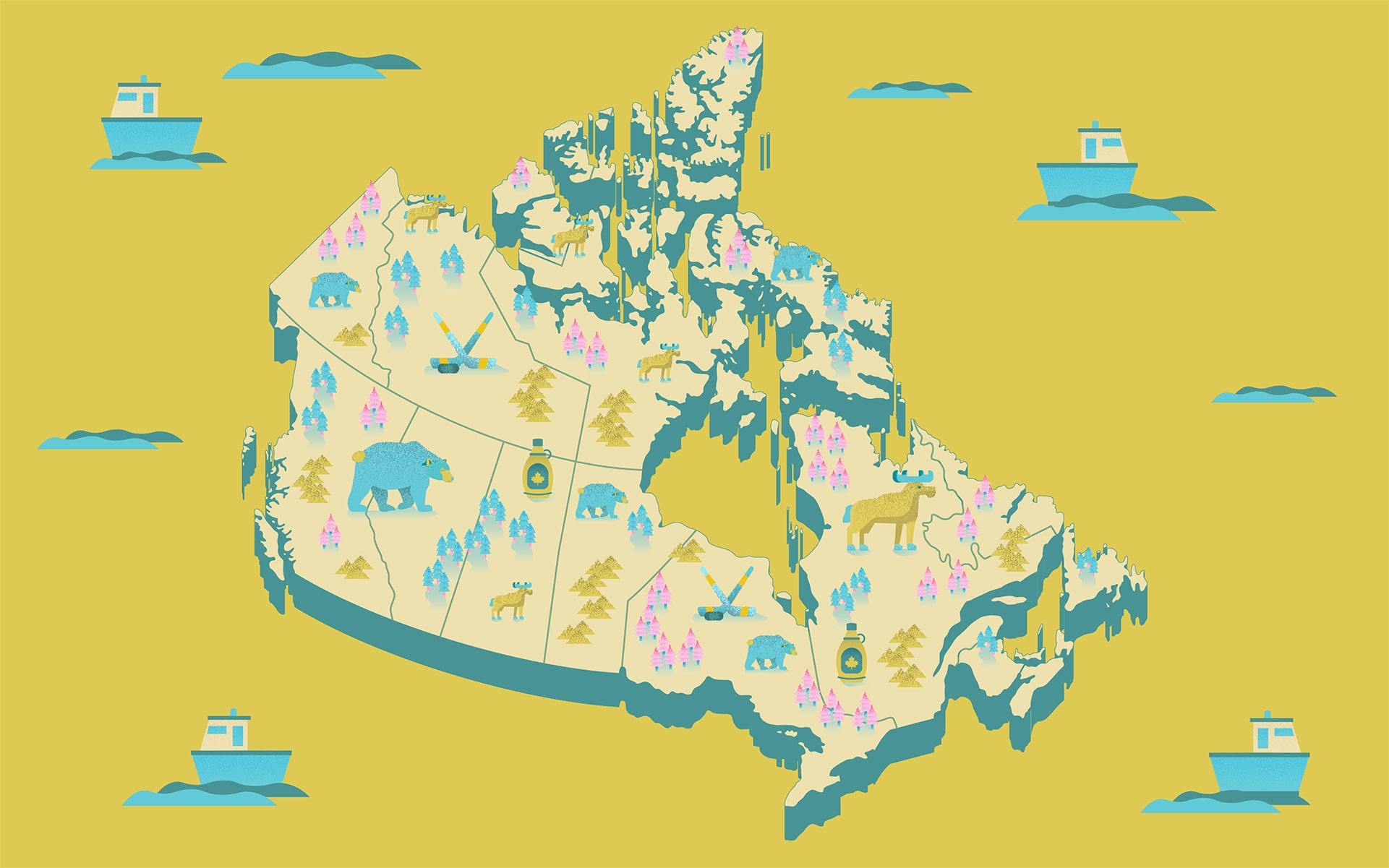Coming into force on October 17, Canada’s legislation to legalize cannabis contains provisions that ban endorsements and testimonials, as well as depictions of people, celebrities, and characters on cannabis packaging.
The Cannabis Act says that “it is prohibited to promote cannabis,” including “by means of a testimonial or endorsement.”
But just how far do the provisions go? What will these restrictions mean for Canopy Growth’s line of Snoop Dogg-affiliated products, or the infamous appointment of KISS bassist Gene Simmons as Invictus’ chief evangelist?
The Cannabis Act says that “it is prohibited to promote cannabis,” including “by means of a testimonial or endorsement” and “by means the depiction of a person, character or animal, whether real or fictional.” The same prohibitions apply to cannabis product labels.
However, the Cannabis Act permits limited advertising via “brand-preference promotion,” which involves promoting a brand’s specific characteristics. The Cannabis Act also permits “informational promotion.”
But just how far can licensed producers go with their advertising before Health Canada takes notice and considers enforcement action?
Cannabis Lawyers Parse the Facts
For more insight, I spoke with two leading cannabis-industry lawyers: Toronto-based Matt Maurer, Vice-Chair of the Cannabis Law Group at Torkin Manes LLP, and Ottawa-based Trina Fraser, who heads the CannaLaw group at Brazeau Seller LLP in Ottawa.
“They say it’s okay because Gene Simmons isn’t promoting the product, he’s promoting the company,” Maurer tells me. “Where is the line?”
Fraser, who sat front row at Simmons’ MJBizCon talk, believes the former rock star was very carefully coached to avoid crossing any lines. “Every speech or statement I’ve read from him says ‘I am not here to promote or sell cannabis, I am here to promote the stock of Invictus MD.’ You can tell they’re positioning it as not being an endorsement or promotion of cannabis, but rather promotion of a stock of a publicly-traded company that just happens to own a wholly-owned subsidiary that happens to sell cannabis.”
The Cannabis Act’s prohibitions on endorsements and testimonials only get triggered when representations “promote” cannabis.
Maurer understands the argument. “Some would say ‘Why shouldn’t they be able to talk about how great the company is?’ But on the other hand, it seems like it’s circumventing the law if you just give Hulk Hogan, for example, a bunch of shares.”
That distinction is important, because the prohibitions on endorsements and testimonials in the Cannabis Act only get triggered when representations “promote” cannabis.
That word is defined as “to make, for the purposes of the selling the thing or service, a representation about the thing, whether directly or indirectly, that is likely to influence and shape attitudes, beliefs and behaviours about the thing or service.” Cannabis companies could argue that their use of a celebrity does not strictly fall within that definition, and both Fraser and Maurer agree the whole industry could use more guidance from Health Canada.
“I don’t think the wording makes it clear where the line is,” says Maurer. “When Invictus says Gene Simmons isn’t promoting the product but is just an employee, that certainly defeats the spirit what [the Cannabis Act] is trying to do. I think they need to make an amendment to make it more clear, or put out regulations so it’s consistent and everyone’s playing by the same rules.”
And what about Canopy’s “Leafs by Snoop” line—will it become prohibited to name your line after a celebrity or feature a quote and signature from a star?
“Snoop signing his box is putting his stamp of approval on the product,” Maurer says. “Is it an explicit endorsement? No, so it could go both ways. But my personal opinion is that it would be considered an endorsement and won’t be allowed.”
In lieu of legislative clarity, the industry will certainly continue to push the rules to their limits.
“I don’t have issues with companies pushing the envelope because that’s the only way you’ll get clarity,” says Maurer. “These are questions that have to get resolved, whether that’s by amendments to the language or a policy directive clarifying what’s permitted and what’s not.”
Pushing the Envelope Until the Government Pushes Back
As for now, pushing the envelope is the name of the game. Canadian cannabis producers signed on to sponsor Canada’s summer music festivals before the new anti-promotion laws were announced. As Leafly prepared to publish this article, Health Canada issued a press release condemning event sponsorship “and other promotional activities by federally licensed producers of cannabis,” citing a section of the Narcotics Control Regulations that forbids publishing any advertisement to the public in respect of “a narcotic.” Health Canada ended the release citing the possibility of imprisonment and a fine of $5 million.
What will happen next is anyone’s guess. But ahead of October 17, licensed producers of cannabis should maybe slow down with their celebrity endorsements and other legally-risky promotions and stick with more clearly compliant options.Curious About Cannabis?






